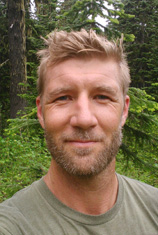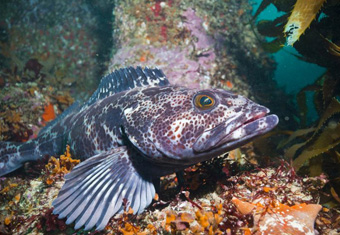

Abstract
Conservation “wins” can sometimes create new tradeoffs for resource managers and threaten broader conservation goals. Measures to recover populations of individual marine species have produced notable success; yet such recoveries do not occur in an ecological vacuum and rebounding populations can suppress or delay the recovery of other species of conservation concern. Stalled recoveries can have dramatic consequences for social-ecological systems tied to the ocean, including diminished capacity to provide ecosystem services and loss of cultural practices. Therefore, designing coordinated measures to facilitate simultaneous recovery of interacting species represents a vital opportunity to improve conservation outcomes for nature and people. Yet, a key uncertainty concerns the ecological and social contexts where such coordinated management will accelerate recovery trajectories. I will use the Smith Fellowship to address this critical knowledge gap and to advance our ability to institute rapid and direct, whole-ecosystem recoveries in the ocean. In collaboration with the University of California, Santa Barbara, the National Oceanographic and Atmospheric Association's Northwest Fisheries Science Center, and The Nature Conservancy, I will (1) empirically evaluate the importance of trophic interactions in shaping recovery using time series data from NE Pacific, (2) generalize predictions regarding the contexts in which coordinated management can accelerate recovery using theoretical modeling, and (3) employ spatiotemporal gut content data to guide the implementation of a selective lingcod fishery designed to improve recovery of ESA listed rockfish species while increasing economic opportunity in coastal communities. This research bridges community ecology theory and marine resource management to provide new insight into role of interacting species in shaping recoveries; it advances implementation of ecosystem-based management and allows practitioners to better manage the tradeoffs inherent in restoring marine food webs; and it highlights the potential for coordinated management to create ecological-economic win-win scenarios.
Lingcod photo: Chad King / NOAA MBNMS
